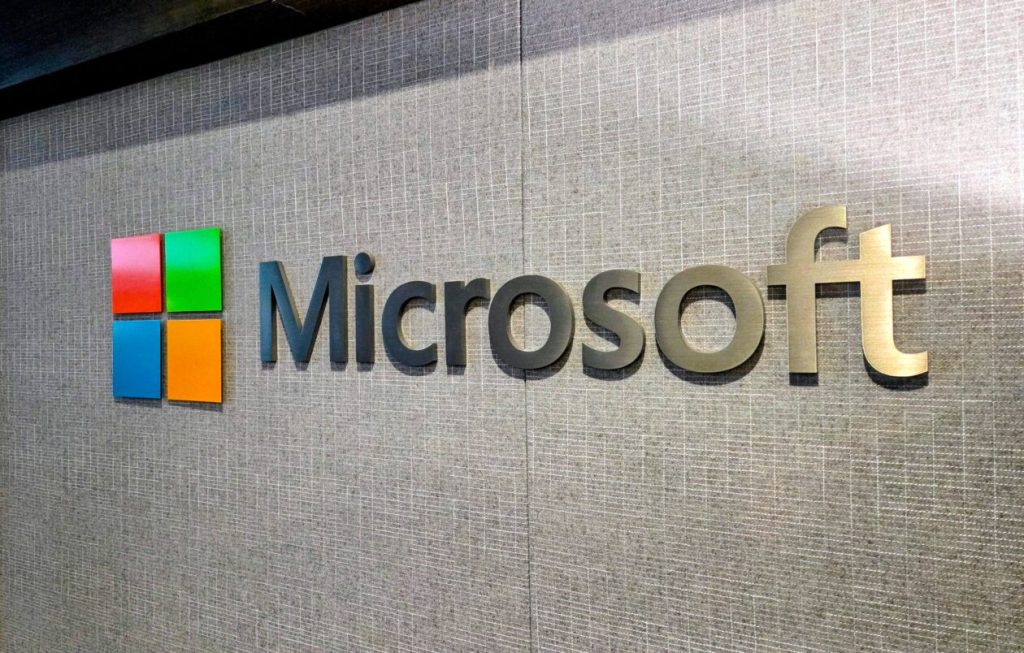Microsoft Heads into Earnings with Renewed Confidence Following OpenAI Deal
Microsoft approaches its Wednesday earnings report with renewed momentum after finalizing a transformative partnership with OpenAI. The agreement, which grants Microsoft a substantial 27% equity stake in OpenAI’s new for-profit entity and secures a massive $250 billion cloud purchasing commitment from the ChatGPT creator, has already delivered tangible results. Wall Street responded enthusiastically, pushing Microsoft’s market valuation back to the impressive $4 trillion mark. This partnership resolution addresses one of the most significant questions surrounding Microsoft’s business strategy and solidifies its position at the forefront of the artificial intelligence revolution that is reshaping the technology landscape.
The tech giant is expected to showcase another quarter of robust financial performance when it reveals its results for the first quarter of its 2026 fiscal year, which concluded on September 30th. Analysts project quarterly revenue of approximately $75.4 billion, representing a substantial 15% increase compared to the $65.6 billion reported during the same period last year. This growth trajectory is primarily fueled by the continued momentum of Microsoft’s Azure cloud business and increasing adoption of its Copilot AI tools across various industries and applications. Additionally, earnings per share are anticipated to reach $3.66, marking an 11% year-over-year improvement from the previous $3.30 figure. These projections reflect Microsoft’s successful execution of its cloud-first, AI-infused strategy under CEO Satya Nadella’s leadership.
Investors and industry observers will be particularly focused on the growth rate of Microsoft’s Azure cloud platform, with some analysts expecting growth as high as 39% in constant currency terms, which would match the impressive pace set in the previous quarter and exceed the company’s prior guidance. This sustained growth in Azure is especially noteworthy given the competitive nature of the cloud computing marketplace, where Microsoft continues to gain ground against industry leader Amazon Web Services and other challengers like Google Cloud. Microsoft disclosed that Azure generated more than $75 billion in annual revenue during its last fiscal year, positioning it firmly as a cornerstone of the company’s business model and a key driver of its overall financial performance in an increasingly cloud-dependent global economy.
Despite the positive momentum, Microsoft executives will likely face questions about the potential for an AI bubble during the earnings conference call. As investments in artificial intelligence surge and company valuations in the sector reach unprecedented heights, some analysts and technology leaders have expressed concerns that enthusiasm might be outpacing business realities. Microsoft’s substantial investments in OpenAI and its own AI infrastructure represent a significant bet on the technology’s transformative potential, but the company will need to demonstrate concrete revenue generation and business value to justify these expenditures. The timing of Microsoft’s earnings announcement, coinciding with reports from Alphabet and followed closely by Amazon, will provide immediate comparisons across the major cloud platforms and offer insights into the competitive dynamics shaping the industry.
The cloud computing landscape continues to evolve rapidly, with Microsoft’s $75+ billion in annual Azure revenue positioning it between Amazon Web Services’ impressive $124 billion run rate (based on its $30.9 billion revenue in the June quarter) and Google Cloud’s $50+ billion annual run rate. These figures highlight the massive scale of the cloud computing market and underscore its importance as the foundational infrastructure supporting modern digital transformation initiatives. Microsoft’s ability to continue gaining market share in this space while simultaneously leading in AI integration provides a powerful combination that has resonated strongly with enterprise customers seeking to modernize their operations and leverage emerging technologies for competitive advantage.
As Microsoft prepares to share its latest financial results, the company stands at an interesting crossroads where its traditional software and cloud businesses intersect with cutting-edge AI innovations. The renewed OpenAI partnership represents both an opportunity and a challenge – providing Microsoft with privileged access to some of the most advanced AI capabilities while also requiring massive investments in computing infrastructure and integration efforts. For investors and industry watchers, Microsoft’s ability to translate these technological advantages into sustainable business growth remains the critical question. Wednesday’s earnings report will offer important insights into whether Microsoft’s big AI bets are beginning to deliver the financial returns that justify its substantial commitments in this rapidly evolving field. The answer will have significant implications not just for Microsoft, but for the broader technology sector and its approach to artificial intelligence investments.














